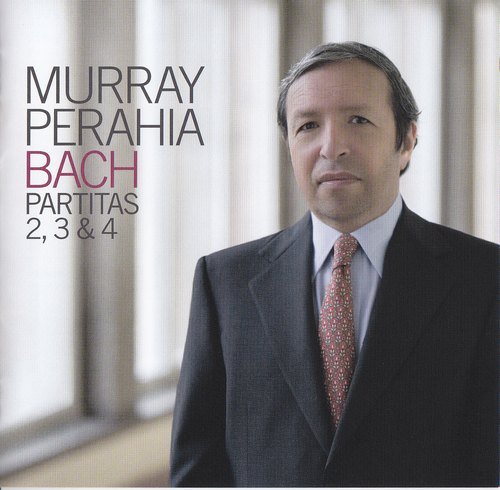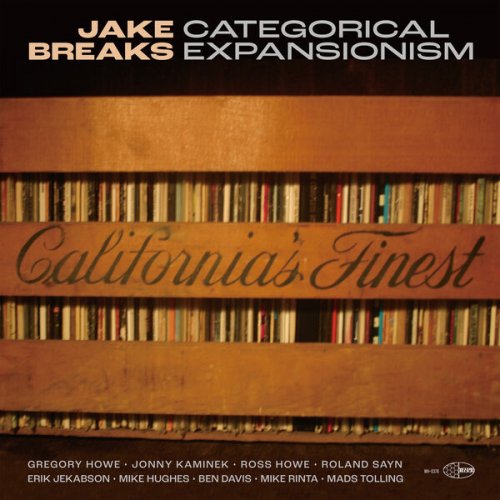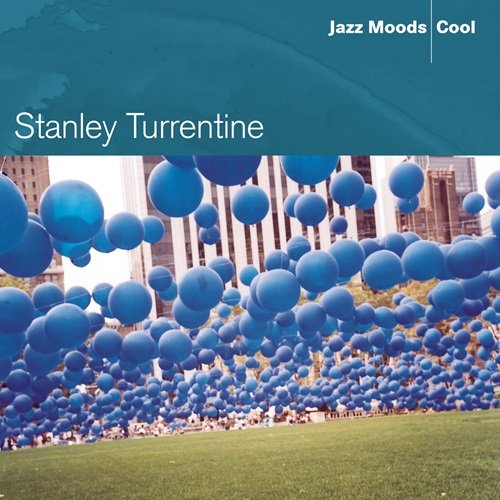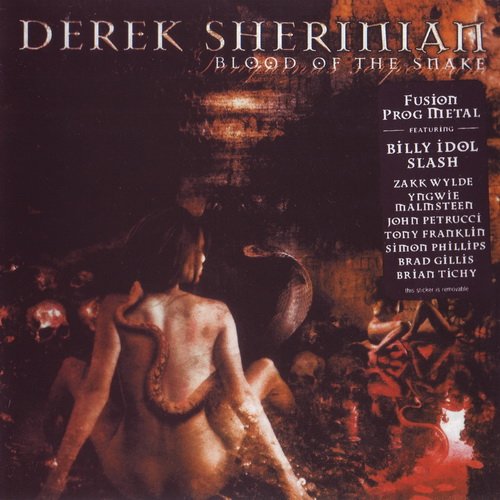Murray Perahia - J.S. Bach Partitas Nos. 2, 3 & 4 (2008) CD-Rip

Artist: Murray Perahia
Title: J.S. Bach Partitas Nos. 2, 3 & 4
Year Of Release: 2008
Label: Sony Classical
Genre: Classical
Quality: FLAC (image+.cue,log,scans)
Total Time: 01:12:08
Total Size: 245 Mb
WebSite: Album Preview
Tracklist: Title: J.S. Bach Partitas Nos. 2, 3 & 4
Year Of Release: 2008
Label: Sony Classical
Genre: Classical
Quality: FLAC (image+.cue,log,scans)
Total Time: 01:12:08
Total Size: 245 Mb
WebSite: Album Preview
Partita Nr. 2 c-moll, BWV 826 - 21:07
1. I. Sinfonia - 4:43
2. II. Allemande - 4:52
3. III. Courante - 2:14
4. IV. Sarabande - 3:58
5. V. Rondeau - 1:32
6. VI. Capriccio - 3:47
Partita Nr. 3 a-moll, BWV 827 - 19:08
7. I. Fantasia - 2:03
8. II. Allemande - 3:11
9. III. Courante - 3:01
10. IV. Sarabande - 4:09
11. V. Burlesca - 2:10
12. VI. Scherzo - 1:05
13. VII. Gigue - 3:29
Partita Nr. 4 D-dur, BWV 828 - 32:04
14. I. Ouverture - 6:16
15. II. Allemande - 9:21
16. III. Courante - 3:32
17. IV. Aria - 2:16
18. V. Sarabande - 5:10
19. VI. Menuet - 1:39
20. VII. Gigue - 3:50
Performers:
Murray Perahia, piano
Murray Perahia's Bach recordings are low-key, somewhat in the vein suggested by Bach's modest use of the words "Clavier-Übung," keyboard exercise, to describe the partitas played here in their published form. There is none of the eccentricity of Glenn Gould and none of the hard monumentality of András Schiff. Perahia is content to be straightforward and simple, choosing his points of emphasis with care. At first his playing, like Bach's title, seems too modest, but soon you realize that for sheer clarity in polyphonic textures he is unexcelled. The three partitas presented on this program may seem an unlikely trio (and presumably are part of a larger group of recordings to come), but they make a convincing whole that few performers have yet thought of. They embody progressive departure from the conventional structures of the French-style suite of dances that provided Bach's basic blueprint. Hear Perahia's treatment of the building excitement of the Courante of the Partita No. 3 in A minor, BWV 827, track 9, all the more effective because it is so confidently controlled. Perahia delivers the payoff with the big Allemande of the Partita No. 4 in D major, BWV 828, whose nine-minute span vanishes into the flow of time. Perahia's self-effacing style is never going to appeal to everyone, but for those who like it, it has rarely been as effective as it is here. Sony's German engineering should be especially noted; the resonances of the lower ranges of Perahia's piano, so carefully sculpted by the artist, emerge with their colors perfectly reproduced.

![The Mood Mosaic - Spaghetti Groove (The Italian Psychedelic Way) (2025) [Hi-Res] The Mood Mosaic - Spaghetti Groove (The Italian Psychedelic Way) (2025) [Hi-Res]](https://www.dibpic.com/uploads/posts/2025-12/1766134183_k1k4hhixemtxa_600.jpg)

![Clifton Chenier - Louisiana Blues and Zydeco (1965) [Hi-Res] Clifton Chenier - Louisiana Blues and Zydeco (1965) [Hi-Res]](https://img.israbox.com/img/2025-12/20/sbk3avlyv35pi9c6lq1p1fkea.jpg)



![Black Flower - Abyssinia Afterlife (2014) [Hi-Res] Black Flower - Abyssinia Afterlife (2014) [Hi-Res]](https://img.israbox.com/img/2025-12/21/anj3jk2va3pc3i9y3pv0m7zde.jpg)
